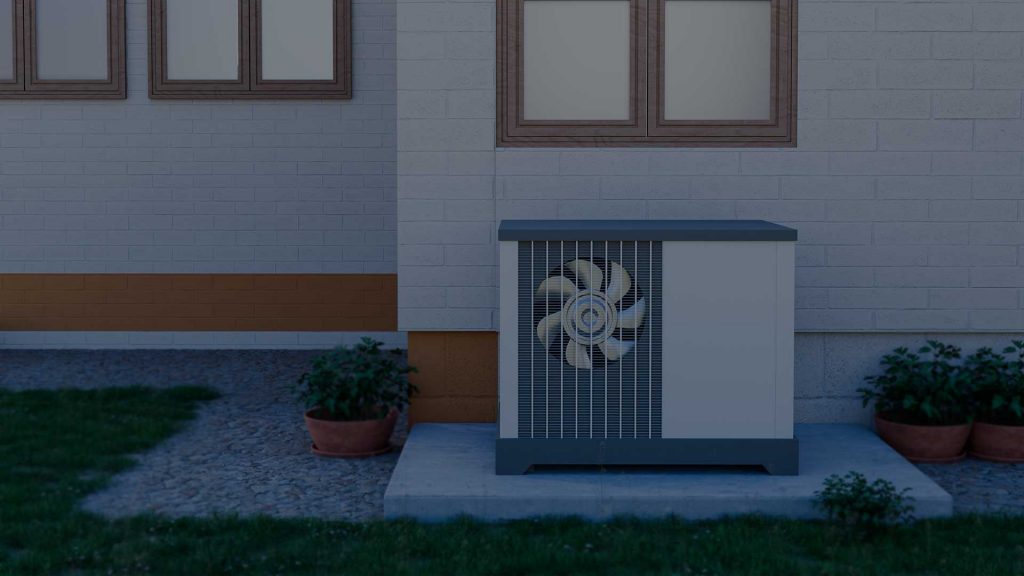
Capricorn Heat pumps for sale at Solar Guru
Get the best quality Capricorn heat pumps for sale at Solar Guru! We offer excellent Capricorn heat pump prices as well as professional and licensed heat pump installers. We provide residential heat pumps, and our Capricorn heat pumps are not only affordable but are built by the highest standards. See all the areas Solar Guru offers solar product services in South Africa. Solar Guru offers a range of high-quality heat pumps designed to provide efficient and reliable heating solutions for your home or business. Our heat pumps are energy-efficient, environmentally friendly, and easy to install and maintain. Get in touch with our team today for all your heat pump requirements!
Capricorn Heat pump prices
Solar Guru is proud to offer Capricorn heat pumps at the most competitive prices in South Africa. We do not only provide excellent Capricorn heat pump prices, but we also provide excellent and professional heat pump installation prices. Contact our friendly team at Solar Guru today for the best price on a heat pump fully installed at your home.
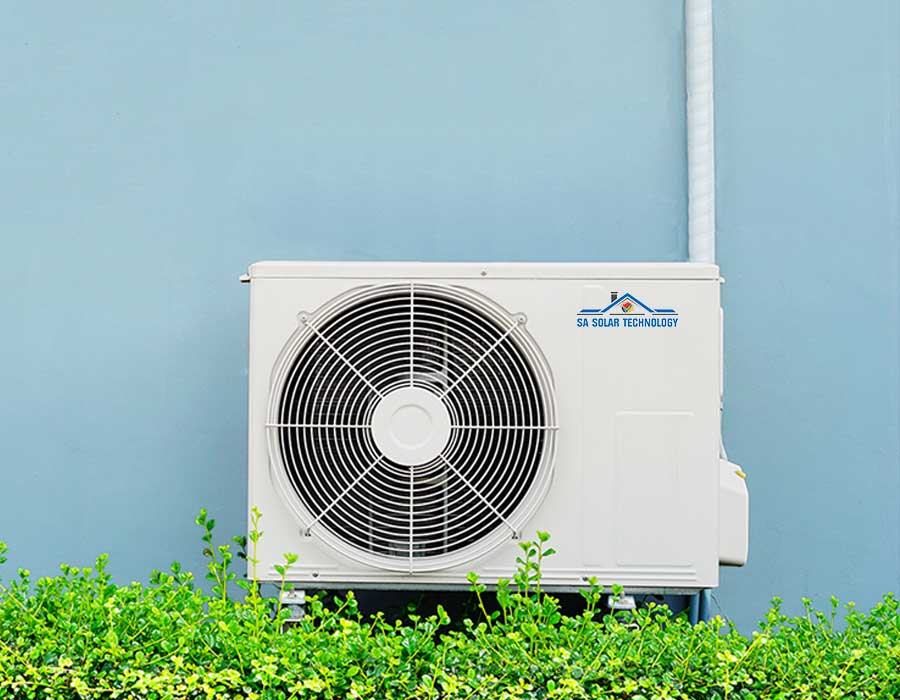
Capricorn Heat pumps
Capricorn Heat pumps are powered by engineers and experts in heating and cooling homes and pools by using renewable energy. Although, many people are using oil or gas-driven heat pumps that contribute to a larger carbon footprint on the earth. Solar Guru is proud to provide energy-sufficient Capricorn heat pumps that make use of renewable energy for house, geyser, and pool heating applications.
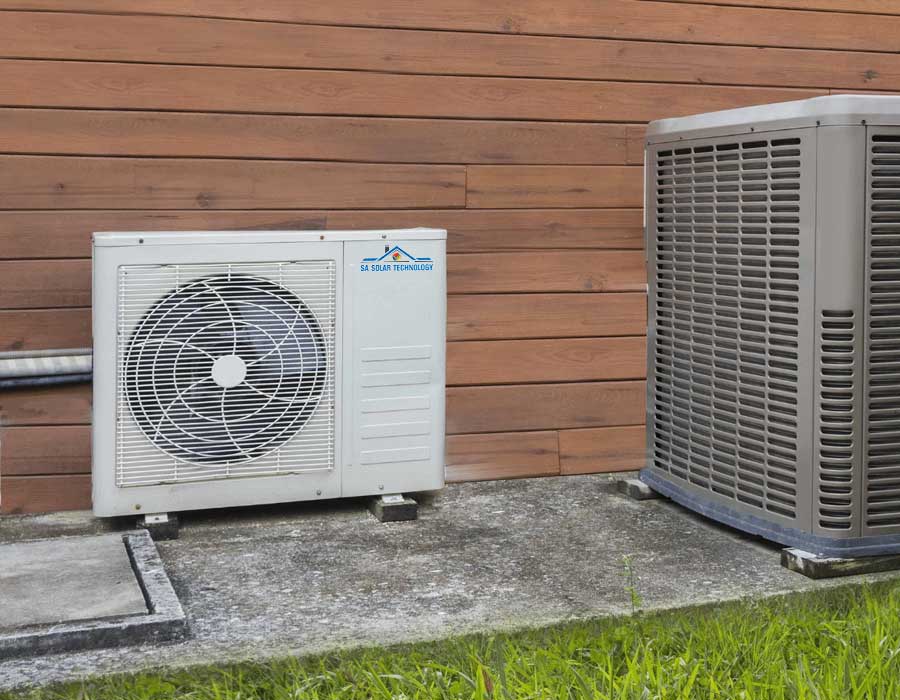
What is a Capricorn heat pump?
A Capricorn heat pump is an appliance working with two components that include: refrigeration and electricity to provide either heat or cooling for a home or office. A Capricorn heat pump functions by using a condenser unit which is usually placed outside the home that produces the heating or cooling and, a unit mounted to a wall inside the home that passes cool or hot air into the home. Capricorn heat pumps are very efficient by generating hot or cool air at a fraction of the cost. Capricorn heat pumps can be combined with electrical geysers or solar geysers to warm the water effectively. Capricorn heat pumps make use of energy in the air, ground, and water to be converted into heat. Therefore, giving us an infinite amount of energy supply to heat our homes, geysers, pools, and much more. Capricorn heat pumps do save money on energy costs.
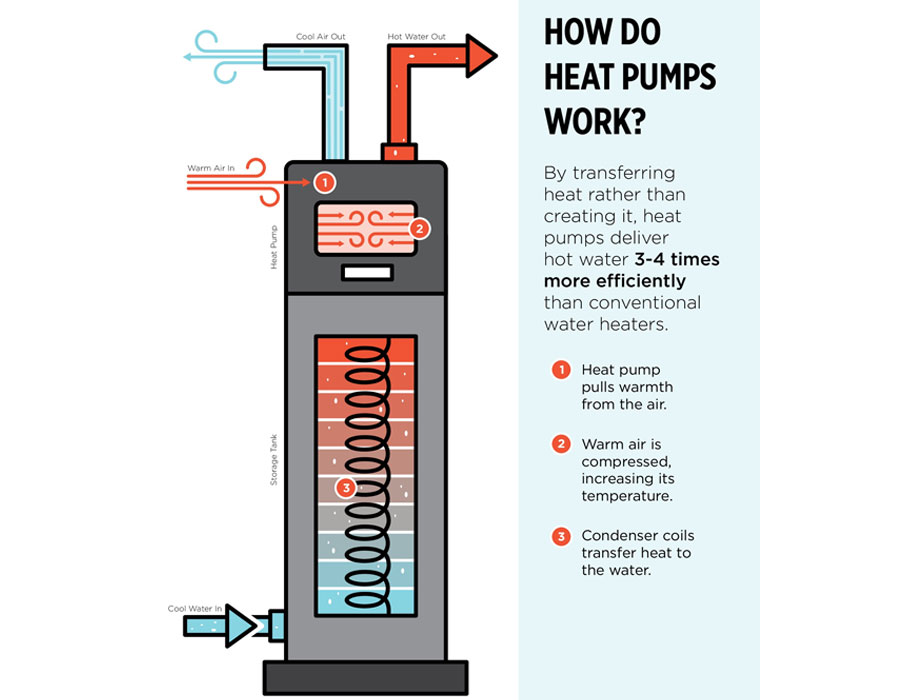
How does a Capricorn heat pump work?
A Capricorn heat pump works by transferring heat from one area to another by the means of a small amount of electricity and a refrigerant. For a Capricorn heat pump to produce heat, it extracts heat from the outside air, water, or from the ground. A Capricorn heat pump is installed outside, the condenser unit, where it can obtain the air to convert into heat. The energy in the air accounts for 70% of the energy produced to heat your home or swimming pool. In an example of heating a swimming pool, absorption of the heat in the air is done by the refrigerant gas that moves the heat to the water by using a coil inside the purpose-built tanks. If the water reaches the desired temperature, the Capricorn heat pump will automatically switch off to prevent water from getting too hot. For heating a home, the Capricorn heat pump moves outside air to the refrigeration coolant. The coolant is compressed which helps greatly to increase the temperature. The coolant is then transferred to the indoor unit of the Capricorn heat pump where air passes over the hot coolant, increasing its temperature to accommodate the thermostatic call for heat inside the home.
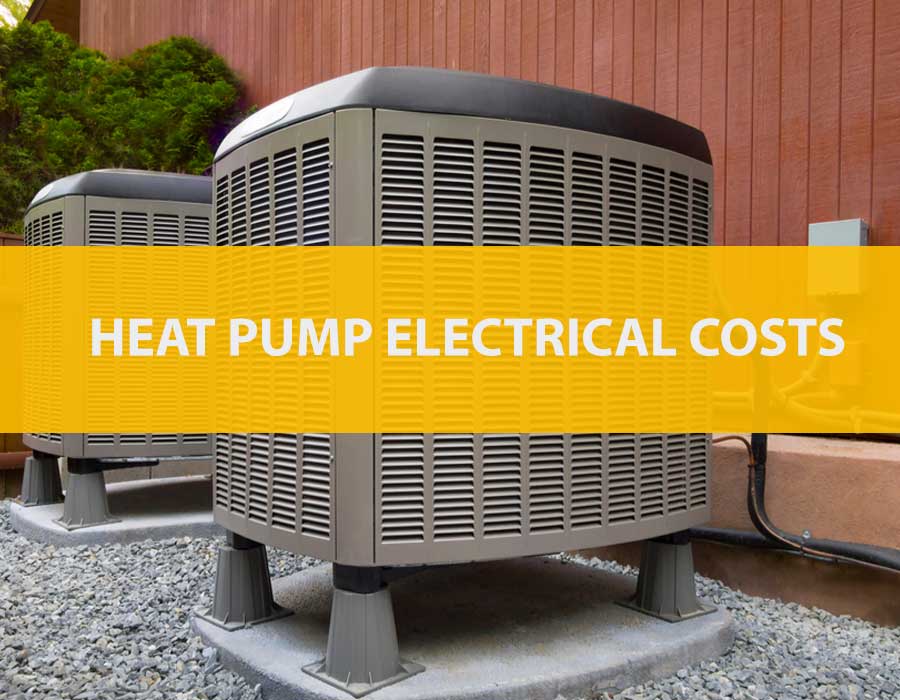
Capricorn Heat pump electricity costs
Replacing fossil fuel heat pumps with electric Capricorn heat pumps can save you greatly on expenses in comparison. Capricorn heat pumps use a minimal amount of electricity and can even be integrated with a correctly sized solar system to provide electricity to a heat pump. A standard heat pump can use about R1000 per month on your electricity bill if not integrated with solar power. Heat pumps using fossil fuels can use on average about 3028 Litres of fossil fuels to generate heat. This will cost about R57500 per year or R4700 per month. Although Capricorn heat pumps are energy sufficient and do not use a great amount of electricity to produce heat, to save 100% on Capricorn heat pumps, we recommend installing a solar power system to accommodate for even more saving by using energy-efficient Capricorn heat pumps.
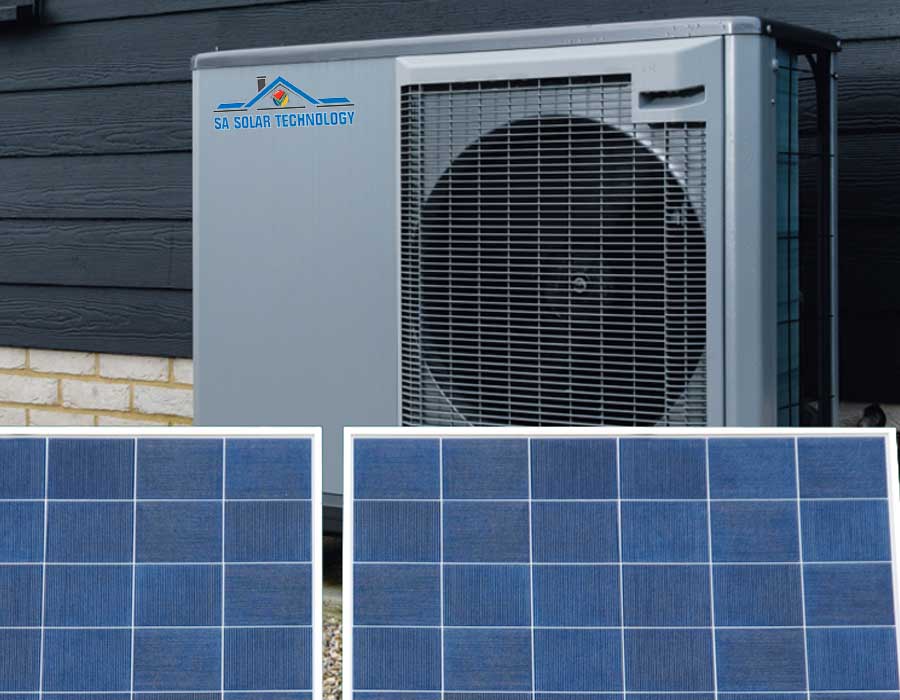
Capricorn heat pumps and solar energy
Solar energy can be generated throughout the day by solar panels on your roof that in turn provides electrical power to your home. At night-time, solar batteries provide backup power or the solar system can fall back on Eskom to provide electricity. However, Capricorn heat pumps require electricity to function and adding solar energy to the system directly, you can heat your pool or home by saving on average up to 50% on your Capricorn heat pump electrical costs and up to 100% on the heat pump consumption costs, depending on how sufficient your solar system is. Heat pumps are an excellent solution to integrate with electrical or solar geysers in South Africa.
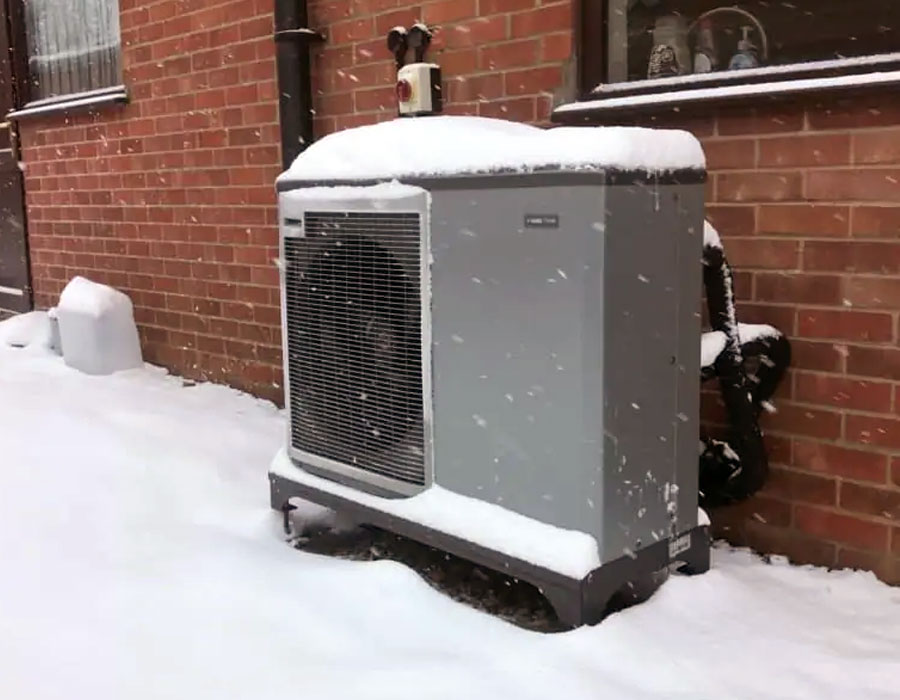
Do Capricorn heat pumps work during cold days?
Capricorn Heat pumps work great, even during the coldest months in South Africa. It must be extremely cold for a Capricorn heat pump to malfunction, and this happens seldomly. There are various versions of Capricorn heat pumps with different specifications to work in cold weather. Solar Guru is a Capricorn heat pump supplier, and our heat pumps are rested and proven to work in all weather conditions in South Africa.
How long does a heat pump last?
The lifespan of a heat pump can vary depending on several factors, including the quality of the unit, the level of maintenance it receives, and the operating conditions. However, on average, a well-maintained heat pump typically lasts between 10 to 20 years.
Factors Influencing Heat Pump Longevity:
- Quality of a heat pump:
- High-quality heat pumps from reputable manufacturers generally last longer due to better materials and construction.
- Heat Pump Maintenance:
- Regular maintenance, such as cleaning filters, checking refrigerant levels, and servicing mechanical components, can significantly extend the life of a heat pump.
- Heat Pump Operating Conditions:
- Heat pumps used in moderate climates tend to have longer lifespans compared to those in extreme climates due to less stress on the system.
- Heat Pump Usage:
- Heat pumps that are used extensively throughout the year for both heating and cooling may have a shorter lifespan compared to those used seasonally.
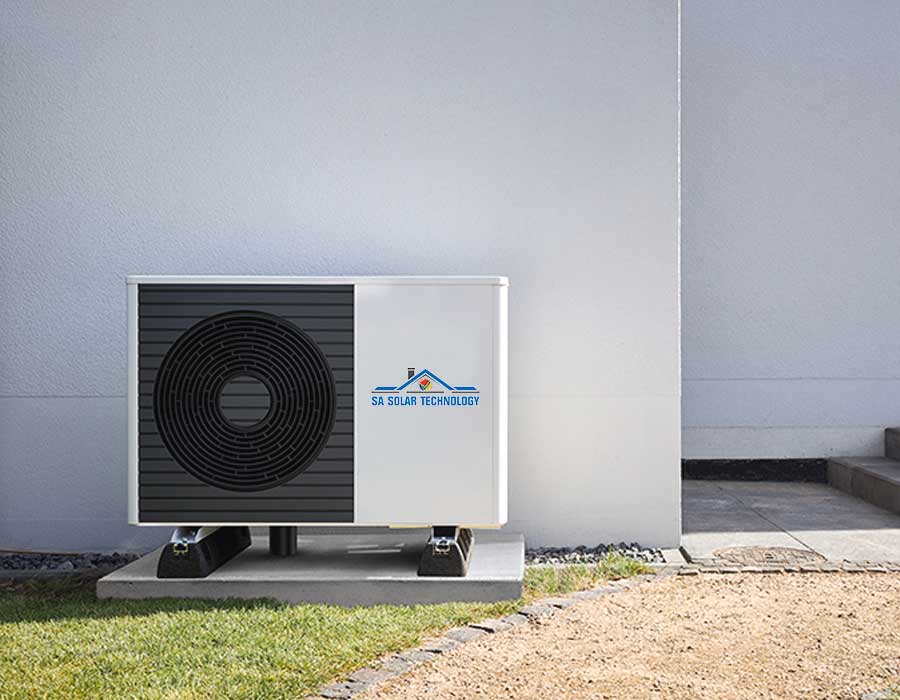
Can a heat pump heat a whole house?
Yes, if a heat pump has been correctly installed as a central heating system in a home, heat pumps are more than able to provide a home with warm air.
Why invest in a heat pump?
- A heat pump lowers running costs compared to electrical heaters.
- A heat pump requires less maintenance to function.
- It is very safe to have a heat pump installed at your home.
- A heat pump drastically reduces carbon emissions.
- Heat pumps do also provide cooling in summertime.
- Heat pumps can last for years and offer a great lifespan.
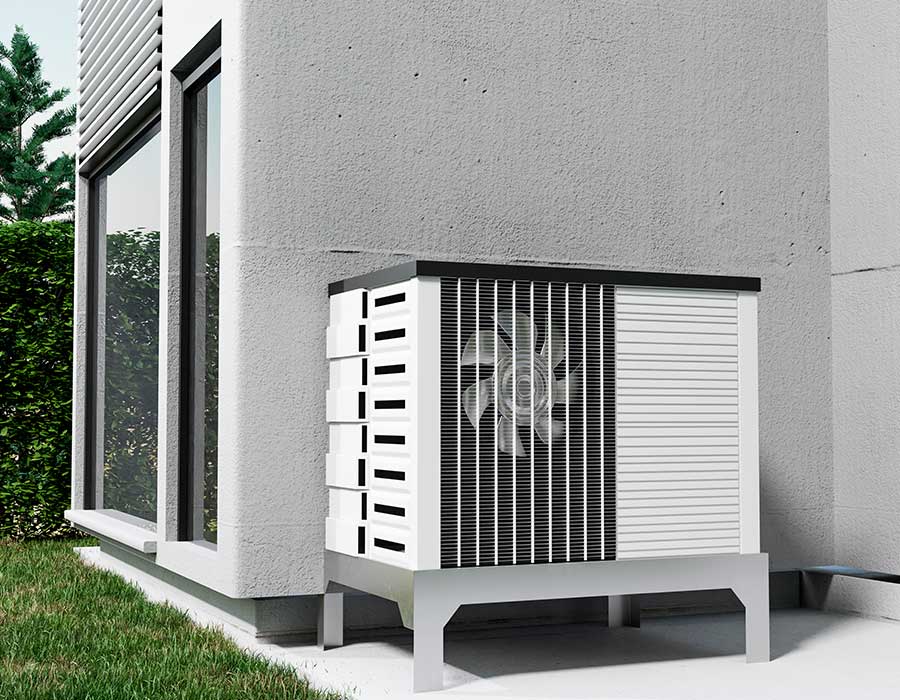
Features of heat pumps
- Heat pump Energy Efficiency: Designed to reduce energy consumption and lower utility bills.
- Heat pumps are environmentally Friendly: Use eco-friendly refrigerants with low global warming potential.
- Heat pump Quiet Operation: Advanced technology ensures low noise levels during operation.
- Heat pumps offer Easy Installation: Flexible installation options to fit various building layouts.
- The durability of heat pumps: Built with high-quality materials for long-lasting performance.
- Smart Control heat pumps: Equipped with intelligent control systems for convenient operation and monitoring.
Key Benefits of a Solar Geyser Heat Pump:
- Solar Geyser Heat Pump Energy Efficiency:
- By combining solar energy with a heat pump, the system significantly reduces the reliance on electricity or other fossil fuels for heating water, resulting in lower energy consumption and utility bills.
- Solar Geyser Heat Pump Consistent Hot Water Supply:
- The hybrid system ensures a reliable supply of hot water regardless of weather conditions. The heat pump can operate effectively even during cloudy or rainy days, providing consistent hot water.
- Solar Geyser Heat Pump Environmental Impact:
- Utilizing renewable solar energy and efficient heat pump technology helps reduce carbon emissions and the overall environmental impact, contributing to a more sustainable and eco-friendly energy solution.
- Solar Geyser Heat Pump Cost Savings:
- Over time, the reduced energy consumption leads to substantial cost savings on electricity bills. Additionally, many regions offer incentives or rebates for installing solar and energy-efficient systems, further reducing the initial investment cost.
- Solar Geyser Heat Pump Durability and Low Maintenance:
- Solar geyser heat pumps are designed for durability and require minimal maintenance compared to conventional water heating systems. The components are built to withstand various weather conditions and have long operational lifespans.
Solar Geyser Heat Pump Applications:
- Residential Solar Geyser Heat Pump: Providing hot water for showers, baths, dishwashing, and laundry.
- Commercial Solar Geyser Heat Pump: Suitable for hotels, restaurants, hospitals, and other facilities with high hot water demand.
- Industrial Solar Geyser Heat Pump: Used in processes that require significant amounts of hot water.
Solar Geyser Heat Pump for sale at Solar Guru:
A solar geyser heat pump is an innovative and efficient solution for heating water, combining the strengths of solar thermal energy and heat pump technology. It offers significant energy savings, environmental benefits, and reliable performance, making it an excellent choice for both residential and commercial applications.

